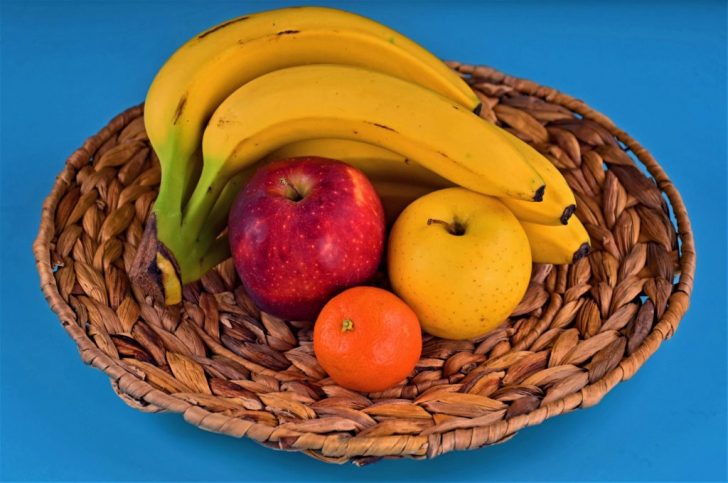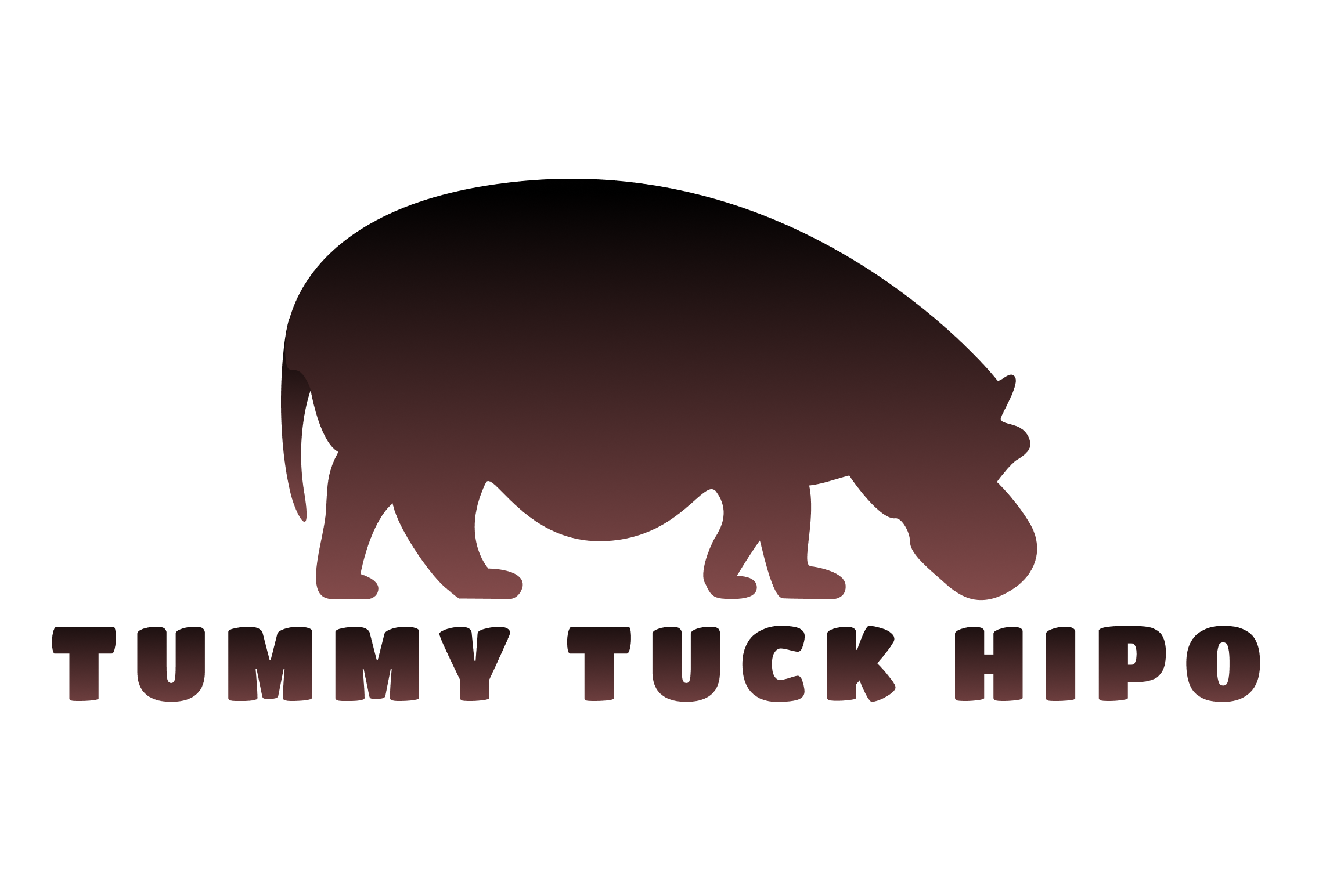
The Key Nutrients For Your Health & Where You Can Find Them

More than ever before, today it is easy to fall into dietary habits that neglect the fundamental nutrients our bodies crave for optimal function. Amidst this whirlwind of fast foods and fad diets, a significant gap in essential nutrient intake has emerged, subtly compromising our health and vitality.
Recognizing and addressing this gap is paramount for anyone looking to lead a healthier, more balanced life. Let’s go ahead and explore the key nutrients and see where you can find them:
Vitamin D
First up: Vitamin D, famously known for its role in bone health, plays a critical part in immune function, cell growth, and inflammation reduction. Given its limited sources and the indoor lifestyle of many, Vitamin D deficiency is becoming increasingly common.

Andrea / Pexels / Vitamin D is one of the most essential nutrients for your health and well-being. Sunshine is one of the key sources of Vitamin D.
To ensure you are getting enough, consider these sources:
- Sunlight: Just 10-15 minutes of midday sun exposure can significantly boost your Vitamin D levels.
- Fatty fish (salmon, mackerel, sardines)
- Egg yolks
- Fortified foods (milk, orange juice, cereals)
- Supplements: A viable option for those with limited sun exposure or dietary restrictions.
Dietary Fiber
Dietary Fiber is crucial for maintaining a healthy digestive system, regulating blood sugar, and keeping you feeling full longer. Despite its importance, most adults consume less than the recommended daily intake.
Where you can find Fiber? Well, to fiber up your diet, include these foods:

Jane / Pexels / Whole grains like oats, barley, and quinoa are the primary sources of Dietary Fiber.
- Vegetables: Broccoli, carrots, and Brussels sprouts
- Fruits: Apples, berries, and oranges
- Legumes: Beans, lentils, and chickpeas.
So, make sure to include them in your daily diet.
Calcium
While calcium is best known for its role in developing and maintaining strong bones, it is also vital for vascular contraction, muscle function, and nerve transmission. Dairy products are well-known calcium sources. But for those who are dairy-free or vegan, consider these alternatives:
- Leafy Greens: Kale, collard greens, and spinach
- Nuts and Seeds: Almonds and sesame seeds
- Fortified Plant-Based Milk: Almond, soy, and rice milk
- Fish with Bones: Canned sardines and salmon.
Potassium
Next up: Potassium is essential for proper cell function, including maintaining fluid balance, supporting nerve function, and regulating muscle contractions and heart rhythm. Despite its importance, many diets lack adequate potassium. Boost your intake with these foods:

Ray / Unsplash / Bananas, oranges, and avocados are rich in Potassium.
- Vegetables: Sweet potatoes, tomatoes, and spinach
- Beans: Lima and kidney beans
- Nuts: Almonds and walnuts
How to Integrate These Nutrients Into Your Lifestyle?
Emphasizing the importance of Vitamin D, Dietary Fiber, Calcium, and Potassium is just the beginning. Implementing this knowledge into your daily life is where the real health benefits are realized. Here are some strategies to help you ensure these essential nutrients make their way into your diet:
- Diversify Your Plate: Aim for a colorful plate at every meal. The more varied your diet, the more likely you are to cover all your nutritional bases.
- Plan Ahead: Meal planning can help you incorporate a variety of nutrient-rich foods throughout the week.
- Listen to Your Body: Be mindful of how different foods affect your energy and overall health. Adjusting your diet according to your body’s responses can lead to better health outcomes.
However, if you are unsure about your dietary needs or how to make adjustments to your diet, a registered dietitian can offer tailored advice and support. So, make sure to reach out to a dietitian for professional guidance.
More in Health & Fitness
-
`
How Long Does a Non Surgical Nose Job Last?
The allure of a sculpted nose without the downtime of traditional surgery has captivated many. Non-surgical rhinoplasty, often dubbed a “liquid...
August 11, 2024 -
`
How to Plan a Trip to Italy and Greece
Italy and Greece stand out as two of Europe’s premier travel destinations, each offering a unique blend of historical grandeur, stunning...
July 31, 2024 -
`
Are Makeup Wipes Bad for Your Skin?
In the quest for quick and convenient skincare, makeup wipes often seem like a miracle solution. However, if you’re wondering, Are...
July 26, 2024 -
`
How to Do Ab Workouts During Pregnancy?
Maintaining core strength is vital, but can you do ab workouts while pregnant? This question is common among expectant mothers eager...
July 19, 2024 -
`
5 Seamless Ways to Minimize BBL Scars
Undergoing a Brazilian Butt Lift (BBL) is an exciting decision for enhancing your body contour. However, BBL scars can be a...
July 12, 2024 -
`
Best Places for Birthday Party Fun for All Ages
Celebrating your birthday at an exciting venue can add that extra spark to your special day, whether you’re with family, friends,...
July 2, 2024 -
`
Skincare for Sensitive Skin: Top 6 Products to Try
Taking care of sensitive skin can be a challenge. With so many products on the market, finding the right ones that...
June 28, 2024 -
`
How to Build Muscles & Gain Mass After 50
Are you wondering how to build muscle mass after 50? You are not alone. Many people think that hitting the big...
June 20, 2024 -
`
How to Speed Up Your Nose Job Recovery Time
Undergoing a rhinoplasty is an exciting step towards a new appearance, but it comes with a recovery period that requires patience...
June 15, 2024















You must be logged in to post a comment Login